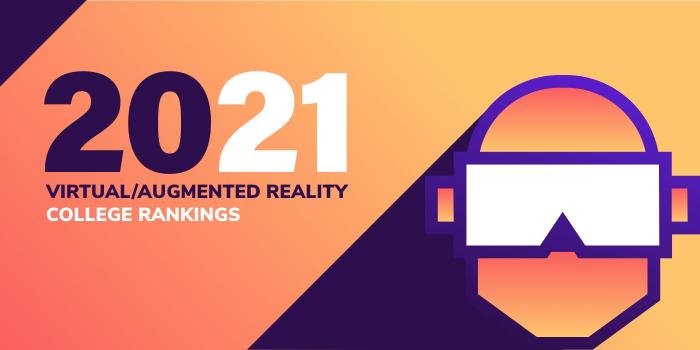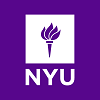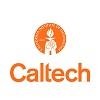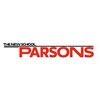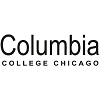Founded in 1898, Northeastern University has a signature cooperative (co-op) education program that recorded more than 9,000 placements with around 2,900 employers around the world from 2019-2020. Serving 37,825 students enrolled in more than 500 programs, the school also integrates global experience into learning at all degree levels.
As an R1 Research University, Northeastern houses 10 research institutes. The Experiential AI Institute, the Experiential Robotics Institute, and the Institute for the Wireless Internet of Things are just a few. Northeastern, which also houses nine colleges and schools, has campuses in Boston, Charlotte, Seattle, the Bay Area, Toronto, Vancouver, and London.
The College of Arts, Media and Design (CAMD) is home to the school’s BS in Design and Mechanical Engineering (BSME) and Immersive Media Minor. The programs are available at most Northeastern campuses.
The BSME Program is a combined major in Mechanical Engineering and Design. Requirements are divided into seven areas: Engineering, Design, Supporting Courses, Writing, Integrative Courses, Professional Development, and General Electives. Course highlights include Experience and Interaction, Interaction Design, Design Process Context and Systems, Mechanical Engineering Computation and Design, Fluid Mechanics, Movement and Time, Professional Issues in Engineering, and Physics for Engineering. A Senior Capstone Design is also part of the program.
The Immersive Media Minor is an interdisciplinary program that serves students who are interested AR/VR, Augmented Virtuality, Extended Reality, Cross Reality, Human-Computer Interaction (HCI), and Enhanced Realities. Course highlights include Virtual Environment Design, Immersive Media, Physical and Digital Fabrication, Programming, Animation for Games, Design Analysis and Innovation, and Game Studio.
Students in both the Immersive Media Minor and BSME have access to three labs that support AR/VR learning, projects, and research.
The Immersive Media Labs Suite” includes technologies for design, development, and exploration of virtual worlds, AR/VR/XR, and 360 video,” says the school.” Students have access to individual workstations and a collaboration and teaching area. Current work in the Lab includes design, development, and exploration of immersive data visualization, immersive games to study and build problem solving and collaboration skills, exploration and integration of digital drawing, painting, and sculpting tools, storytelling, media advocacy, and healthcare delivery.
In the Experiential Technologies Lab and User Testing Environment students develop software, and engage in interface development, game testing, and integration of biometrics tools including eye-tracking and wearable sensors. Lab resources include a one-way mirror, camera setups, and high-end computing.
MedVR is produced in partnership with Grassroots Developer Education, Inc., a 501(c)(3) non-profit, and the College of Arts, Media, and Design. Clinicians, engineers, and creatives collaborate in the lab to talk and learn about the latest AR/VR developments in healthcare and life sciences, invent translational AR/VR solutions, and solve healthcare problems by creating new experiences with AR/VR.
The Immersive Media Labs Suite, the Experiential Technologies Lab and User Testing Environment, and the MedVR Lab are housed in the College of Arts, Media and Design.


